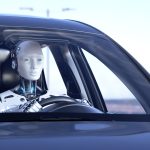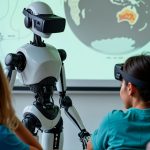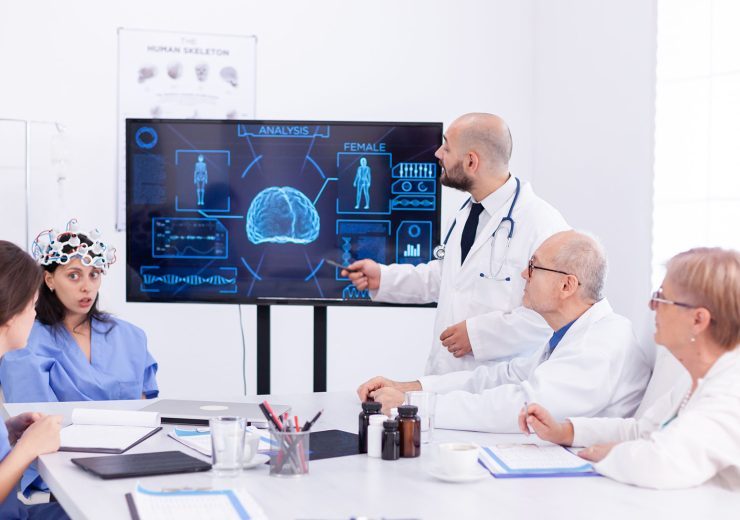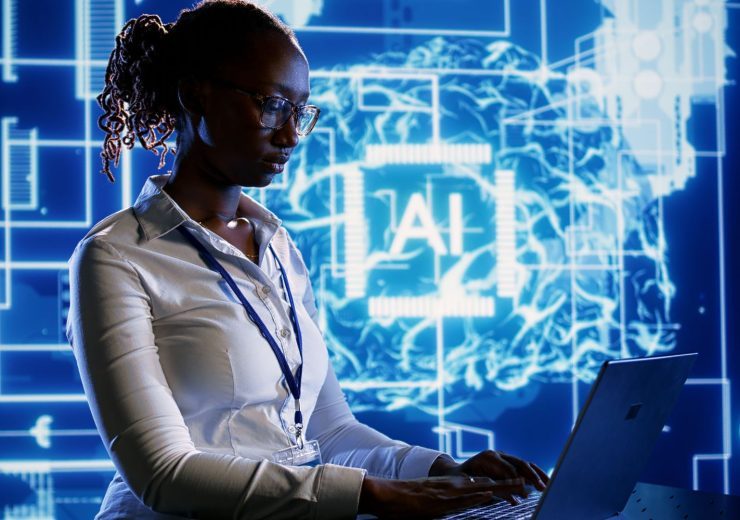The Role of AI in Solving the World’s Biggest Challenges

The Role of AI in Solving the World’s Biggest Challenges
Discover how Artificial Intelligence is driving solutions for global issues like climate change, healthcare, and poverty.

Introduction
As humanity grapples with some of the most pressing challenges of our time, Artificial Intelligence (AI) has emerged as a powerful tool for driving change and innovation. From tackling climate change and advancing healthcare to addressing poverty and inequality, AI’s ability to analyze complex data, automate processes, and predict outcomes is helping us develop scalable, impactful solutions.
In this article, we explore the transformative role AI plays in solving the world’s biggest challenges. By examining real-world applications and future possibilities, we uncover how AI is shaping a more sustainable and equitable future.
1. Combating Climate Change
Climate change is one of the most critical issues of our time, and AI is playing a pivotal role in mitigating its effects. Machine learning models analyze vast datasets to predict weather patterns, track deforestation, and optimize renewable energy systems. For example, AI-powered tools help wind farms maximize efficiency by predicting wind speeds and adjusting turbine settings in real-time.
AI is also instrumental in monitoring carbon emissions and developing sustainable practices. By analyzing satellite imagery, AI identifies areas of deforestation or environmental degradation, enabling policymakers to take targeted action. These advancements are critical for creating a greener, more sustainable future.
2. Advancing Global Healthcare
AI is revolutionizing healthcare by improving diagnostics, personalizing treatments, and accelerating drug discovery. For example, AI-driven imaging tools can detect diseases like cancer and tuberculosis with greater accuracy and speed than traditional methods. In underserved regions, AI-powered diagnostic apps provide access to healthcare for communities without reliable medical infrastructure.
During global health crises, such as the COVID-19 pandemic, AI has been used to track the spread of the virus, identify at-risk populations, and model potential outcomes. These applications highlight AI’s potential to save lives and enhance the accessibility of healthcare worldwide.
3. Addressing Poverty and Inequality
AI is a powerful tool in the fight against poverty and inequality. By analyzing economic data, AI helps identify regions and populations most in need of assistance, enabling more effective allocation of resources. Governments and NGOs use AI to design targeted interventions, such as microloans or food distribution programs, to maximize impact.
AI-powered platforms also enhance education and job training by tailoring learning experiences to individual needs. These initiatives provide people with the skills necessary to participate in a rapidly evolving global economy, fostering upward mobility and reducing inequality.
4. Enhancing Disaster Response
In times of natural disasters, AI plays a critical role in saving lives and reducing damage. Predictive models analyze seismic activity, weather patterns, and historical data to anticipate earthquakes, hurricanes, and floods. This information allows authorities to issue early warnings and prepare evacuation plans.
AI-powered drones and robots are used in disaster zones to locate survivors, deliver supplies, and assess structural damage. By streamlining disaster response efforts, AI helps communities recover more quickly and minimize human suffering.
5. Ensuring Global Food Security
Feeding a growing global population requires innovative solutions, and AI is rising to the challenge. Precision agriculture uses AI to analyze soil conditions, weather forecasts, and crop health, enabling farmers to optimize yields and reduce waste. Drones equipped with AI monitor large agricultural fields, identifying areas that need attention in real time.
AI also aids in reducing food waste by improving supply chain logistics and forecasting demand. These technologies ensure that food reaches those who need it most, contributing to a more sustainable and equitable food system.
6. Driving Smart Urban Development
AI is transforming urban development by making cities smarter and more sustainable. Smart traffic management systems reduce congestion and pollution, while AI-powered energy grids optimize electricity usage and integrate renewable sources. Urban planners use AI to design efficient public transportation networks and predict infrastructure needs.
By enabling data-driven decision-making, AI helps cities become more livable, resilient, and environmentally friendly, ensuring a better quality of life for residents.
7. Ethical Considerations and Responsible AI
While AI holds immense potential, it also raises ethical concerns. Issues like data privacy, algorithmic bias, and the digital divide must be addressed to ensure equitable benefits. Governments, organizations, and technologists must collaborate to establish ethical guidelines and promote transparency in AI development.
Responsible AI ensures that these technologies are used for the greater good, prioritizing inclusivity and minimizing unintended consequences.
Conclusion
Artificial Intelligence is a powerful ally in addressing the world’s most pressing challenges. From combating climate change and enhancing healthcare to fostering equality and improving disaster response, AI’s impact is far-reaching and transformative. However, realizing its full potential requires ethical deployment, collaboration, and a commitment to inclusivity.
By harnessing AI responsibly, we can create innovative solutions that drive sustainable progress and improve the lives of people around the globe. The future of AI in solving global challenges is bright, and its role in shaping a better world is just beginning.



